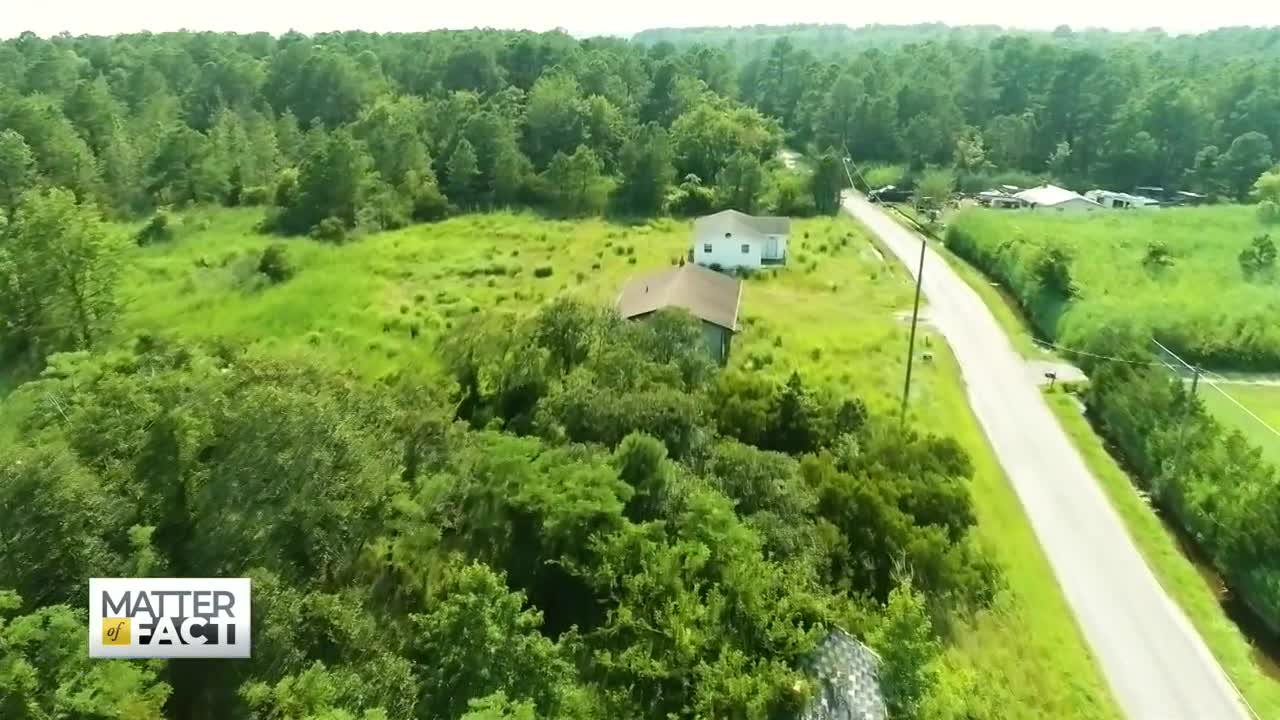
The West and Southwest U.S. are facing a historic and deadly heatwave. This summer has brought oppressive heat, excessive drought, and raging wildfires. Meanwhile, coastal areas in the East and Southeast are bracing for a more active hurricane season that’s already brought damaging winds and severe flooding. Experts says climate change is to blame for the extreme summer forecast and predict it’s only going to get worse. As our Special Correspondent Joie Chen reports, even those beyond the coastline, should be concerned by the rising waters.
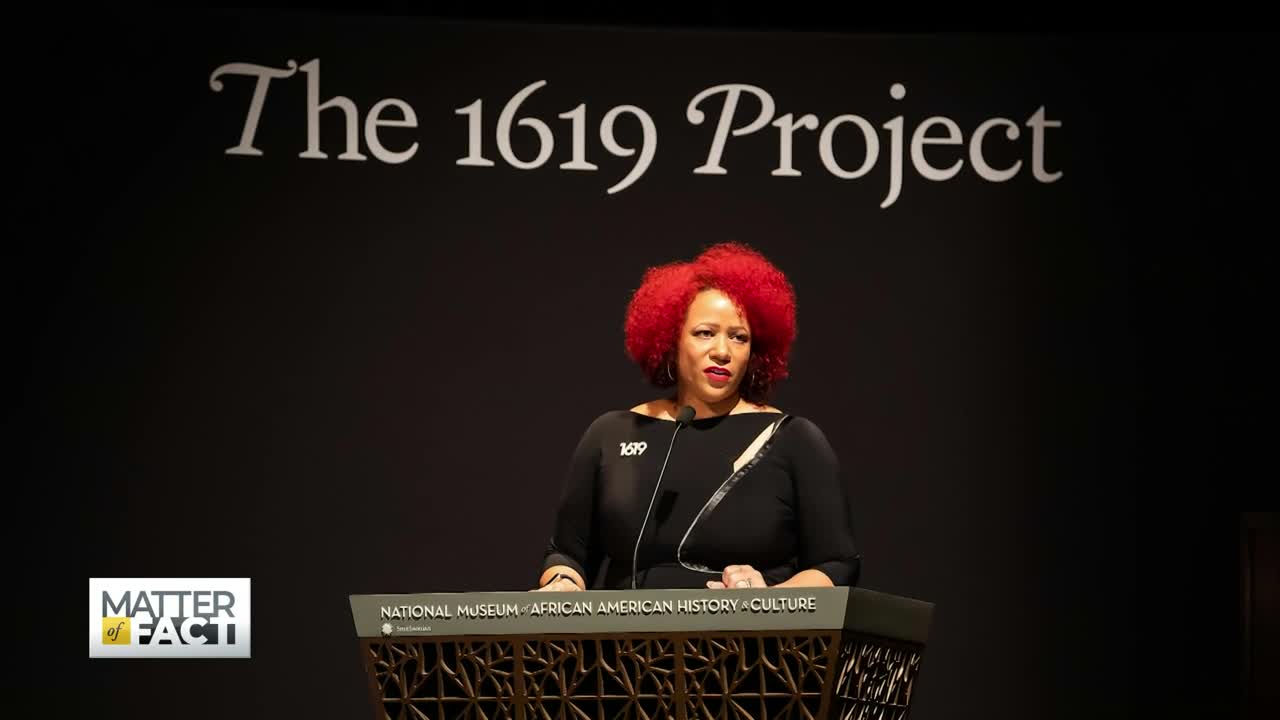
July 4, 1776 is accepted as the date the United States was born. But, some argue August 1619 is more accurate. That’s when the first enslaved Africans arrived in what would one day be known as the USA. Nikole Hannah Jones is a Pulitzer-prize winning journalist whose reporting is focused on America’s racial divide and racial injustice. She talks about what inspired her work on the New York Times’ 1619 Project and why it matters.
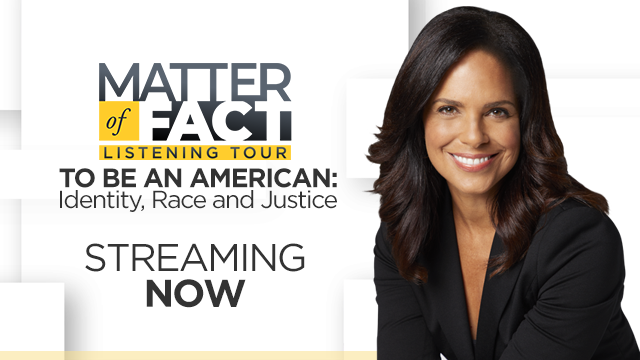
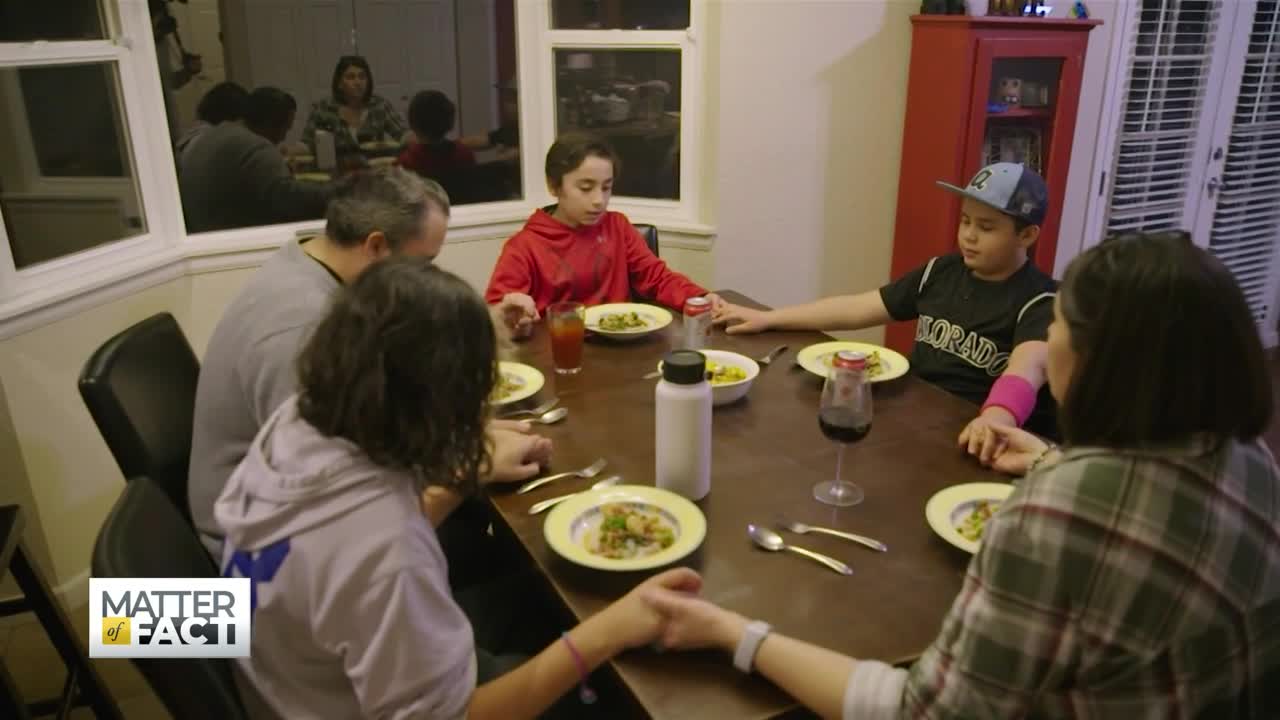
The American flag, and being an American, means something different to everyone. The star-spangled banner evokes everything from allegiance and pride to agony and protest. Correspondent Jessica Gomez set off on a road trip from Denver to St. Louis to listen to how people feel about their American identity.
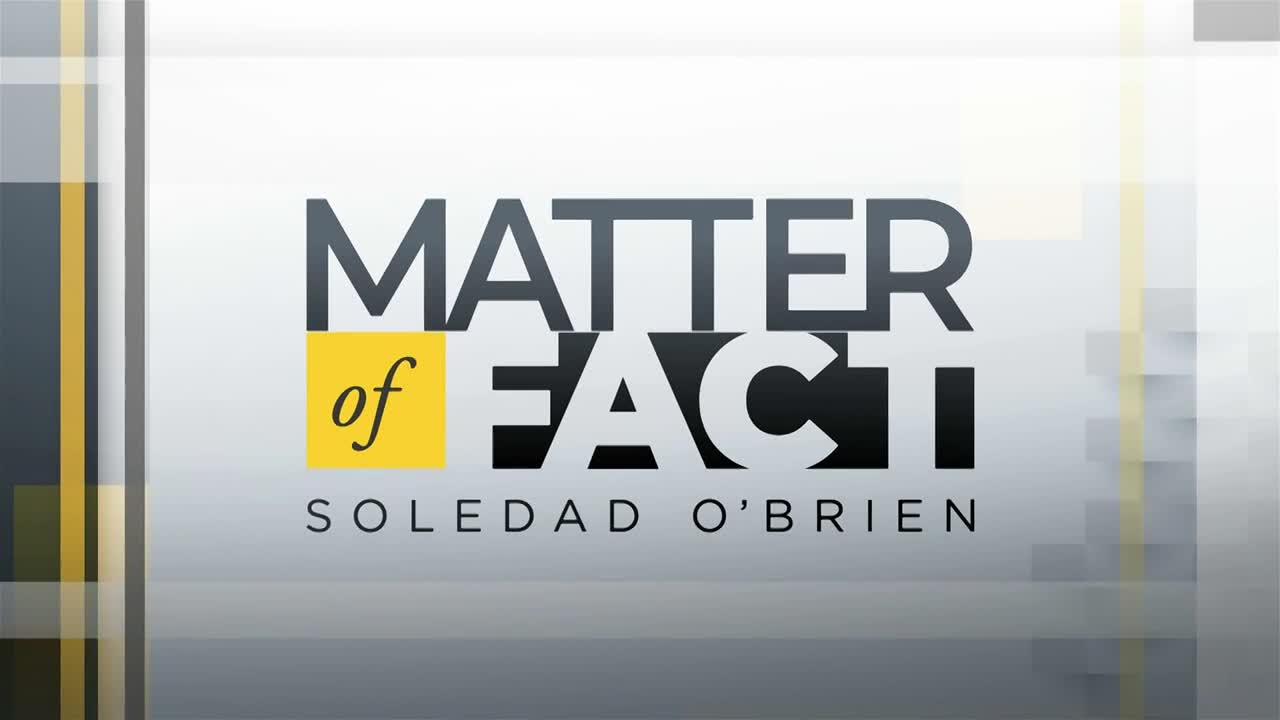
This week, we’re looking at discrimination against the LGBTQ community, especially those who are also people of color. Prejudice often hurts them more than their white peers, from their financial situation to their mental health. We talk to the National LGBTQ Task Force about setting up protections for the LGBTQ community. Plus, 11 percent of Washington, DC is considered to be a food desert. We walk through an urban farm that’s growing fresh produce for the community. And Soledad talks to Atlantic staff writer Annie Lowrey to talk about guaranteed income – also known as universal basic income.

This weekend on Matter of Fact, a salute to the brave who put our country first. We look at the paths of two service members, Col. Harvey Barnum whose career soared after receiving this medal, and Staff Sgt. Melvin Morris, whose honor was delayed for decades. Plus, a marine who lost both legs in combat keeps on running. Why he committed to a month of marathons.
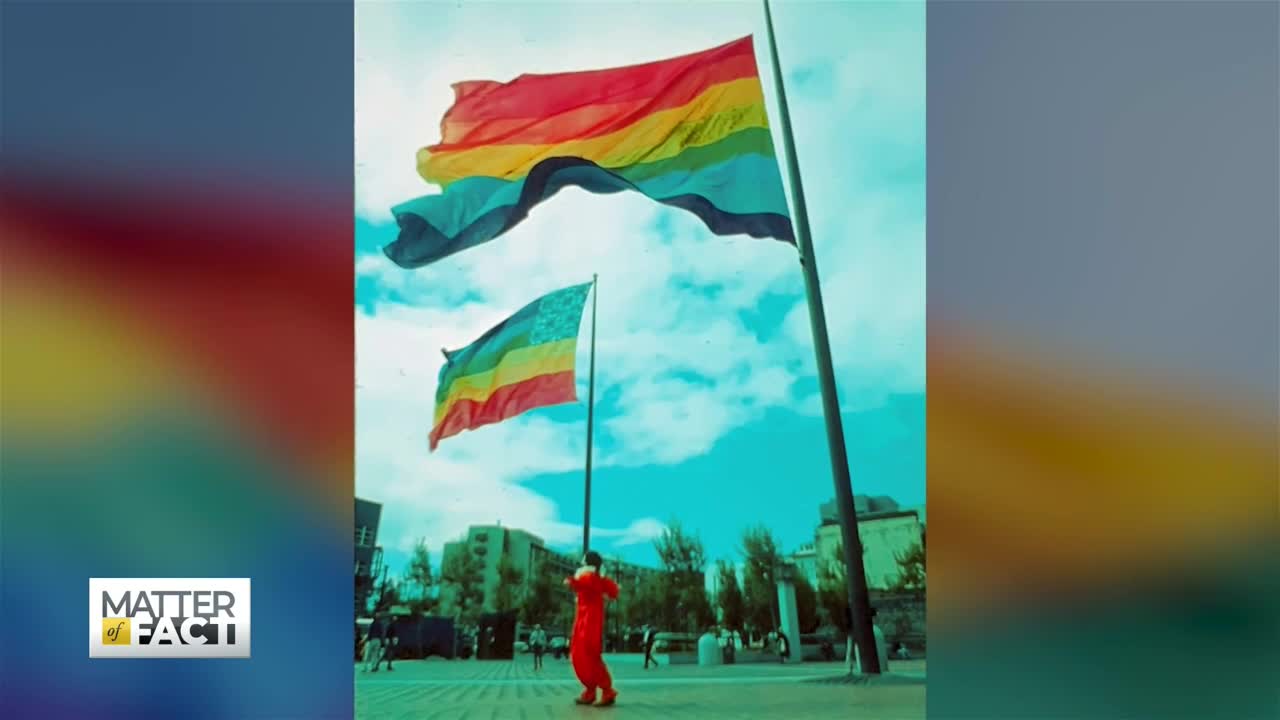
Rainbow flags are flying high across the U.S., as millions celebrate Pride Month. But where did the rainbow come from? See how the rainbow flag became the global LGBTQ symbol of pride.
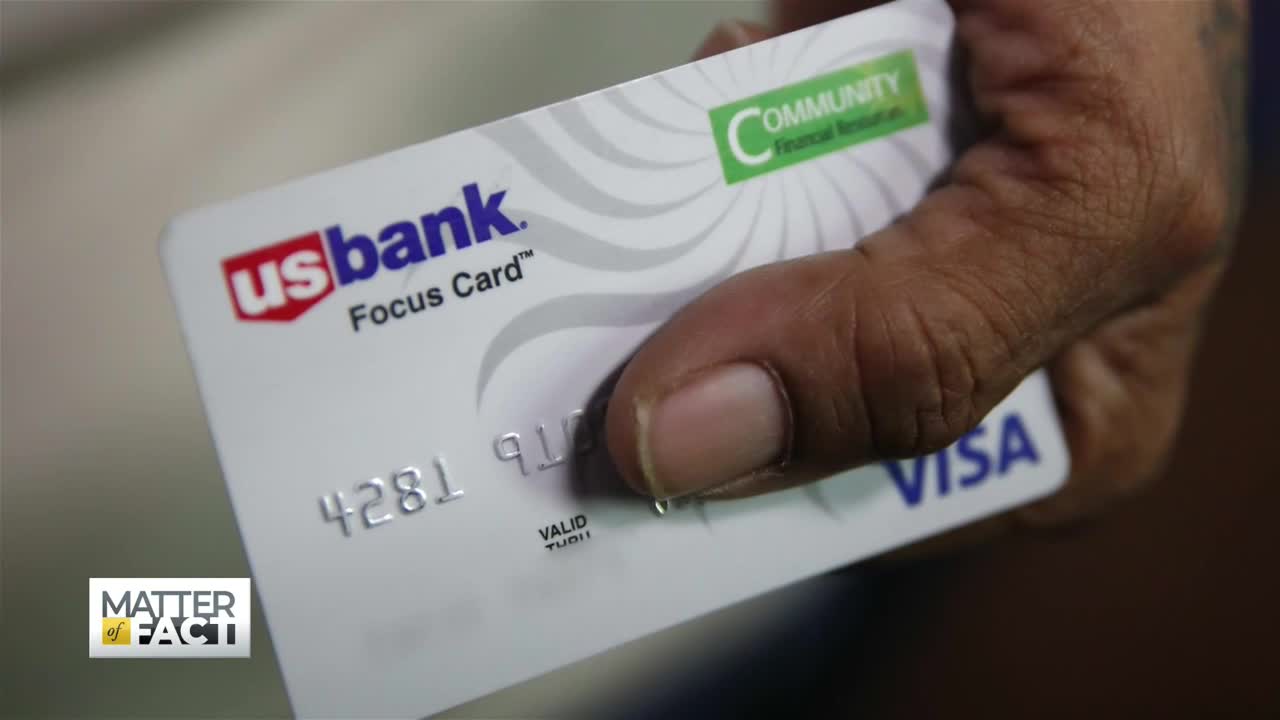
Even before the pandemic, millions of Americans were living paycheck to paycheck. According to the Federal Reserve, 40 percent of Americans were unable to cover an unexpected expense of $400. Now, as extended unemployment benefits are expiring, advocates are pushing for a form of guaranteed income. Soledad O’Brien speaks with Annie Lowrey, a staff writer at The Atlantic, and the author of “Give People Money,” about her research on the impact of guaranteed income.
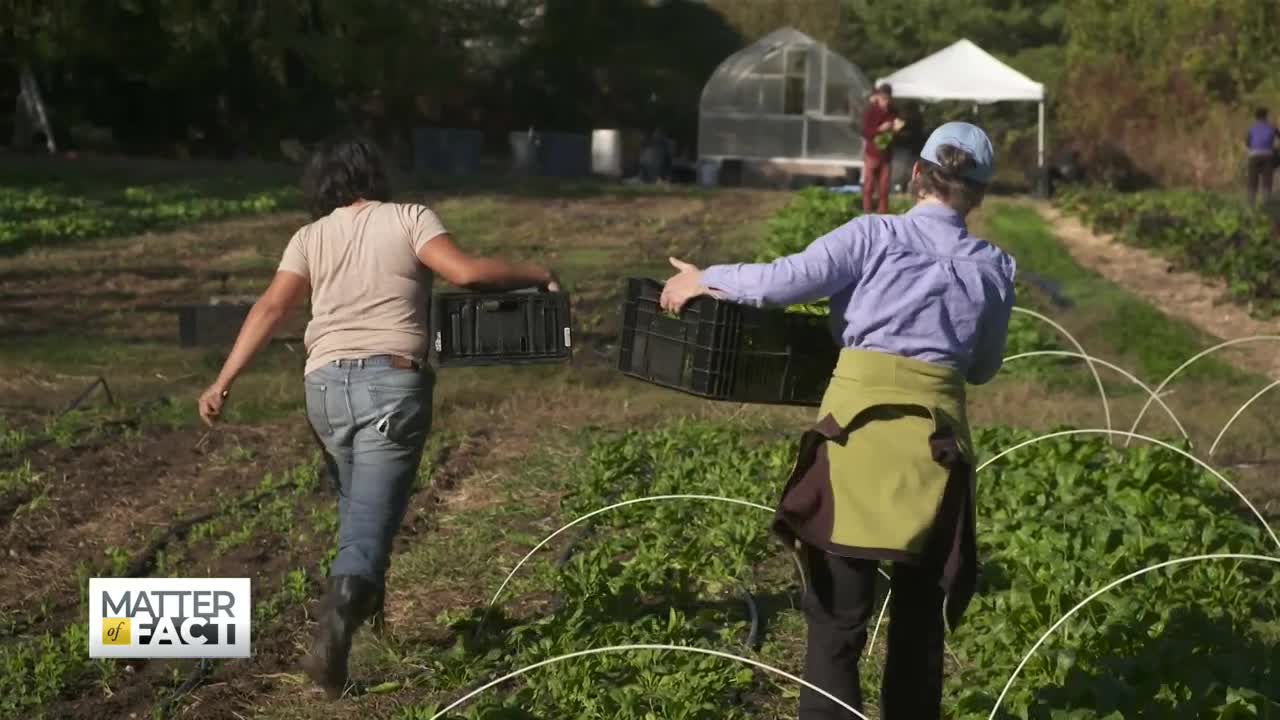
More than 23 million Americans have to trek more than ten miles to get their nearest supermarket. They live in what’s known as food deserts, where finding affordable, healthy food options can be a struggle. That’s the case for 11 percent of Washington, D.C., especially in low-income areas. But community organizers are trying to change that by growing the urban farm movement.
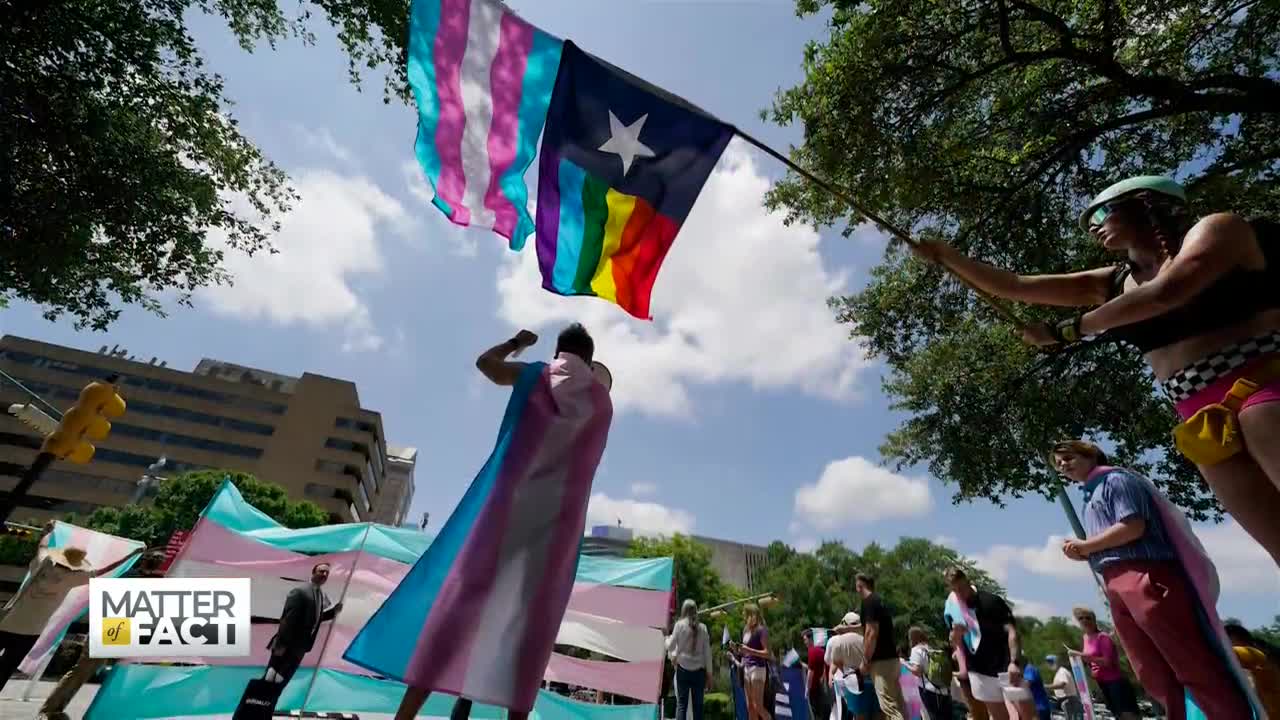
According to a recent study, discrimination hurts LGBTQ people of color much more severely than their white peers. They experience poorer mental and physical health as well as greater economic insecurity. The National LGBTQ Task Force took part in the study. Soledad talks to Executive Director Kierra Johnson and Deputy Executive Director Mayra Hidalgo Salazar about protections for the LGBTQ community.